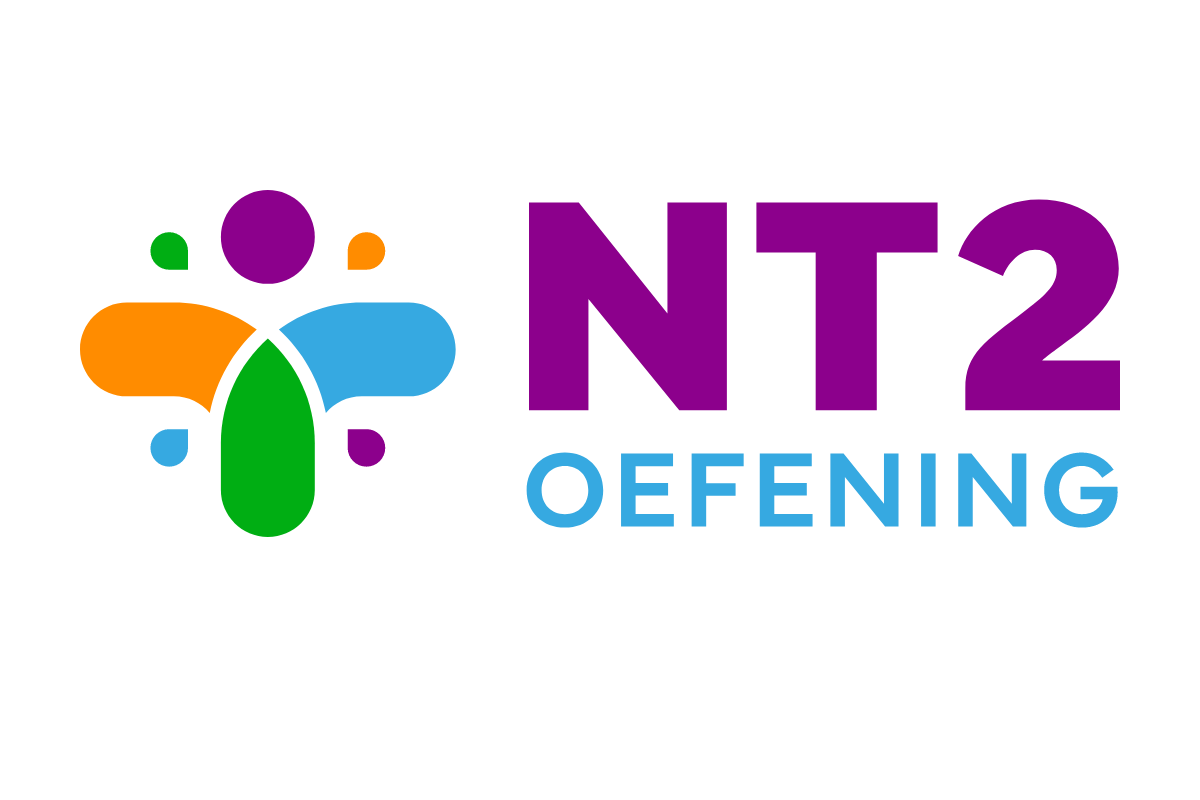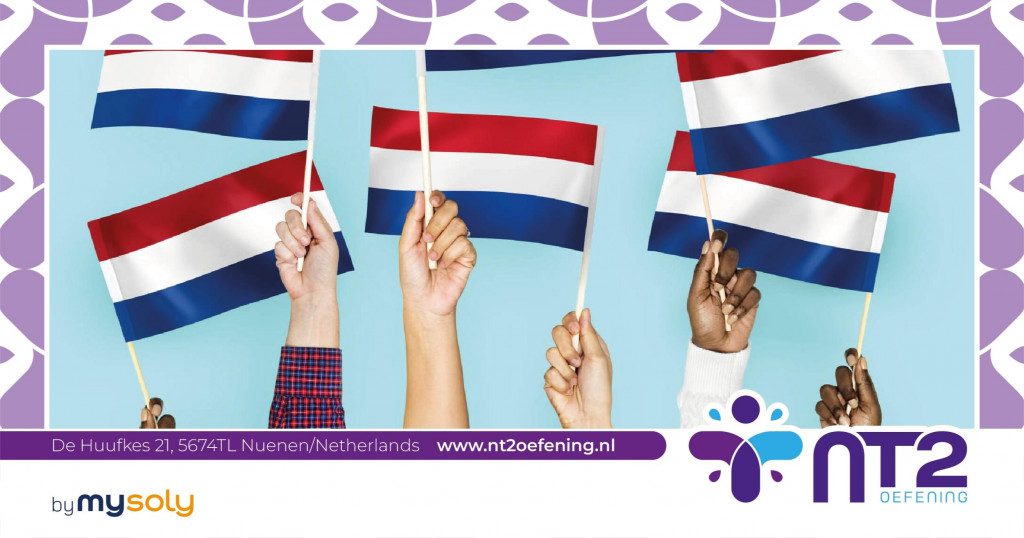The Dutch language belongs to the West Germanic language family. It is predominantly spoken in the Netherlands and Belgium, with approximately 24 million speakers worldwide. Besides, it is also an official language in Suriname and the Caribbean islands of Aruba, Curaçao, and Sint Maarten.
Dutch is closely related to other Germanic languages such as German and English. So, they share similarities in vocabulary, grammar, and sentence structure. However, it also has its own distinct characteristics that set it apart.
What are some key aspects of the Dutch language?
Alphabet and Pronunciation
Dutch uses the Latin alphabet with some additional characters, including diacritical marks. The pronunciation can be quite different from English, with unique vowel sounds and guttural consonants like the “g” and “ch.”
Vocabulary
Dutch vocabulary has influences from various sources, including German, French, and English. Therefore, many words in Dutch resemble their counterparts in these languages. However, there are also unique Dutch words and expressions.
Grammar
Dutch grammar follows a similar structure to other Germanic languages. It has definite and indefinite articles that agree with the gender of the noun. On the other hand, verbs are conjugated based on tense, mood, and subject. Word order in sentences is generally subject-verb-object.

Dialects
There are several regional dialects within the Dutch language. These dialects differ in vocabulary, pronunciation, and grammar. Moreover, it is possible to say they add to the linguistic diversity within Dutch-speaking regions.
Cultural Significance
Dutch is not only a means of communication but also an important part of Dutch culture and identity. Because it is the language of famous Dutch literature, art, and historical documents. So, learning Dutch can provide insights into the rich cultural heritage of Dutch-speaking countries.
International Importance
The Netherlands is known for its strong economy, innovation, and international trade. So, proficiency in Dutch can open up career opportunities. Besides, it can enhance business relationships in sectors such as finance, technology, and logistics.

Conclusion
Learning Dutch can be a rewarding experience. Because it allows you to communicate with locals, gain a deeper understanding of Dutch culture, and access a wealth of literature and media in the Dutch language. Whether you plan to visit Dutch-speaking countries or engage with the global Dutch-speaking community, embarking on the journey of learning Dutch is a gateway to new opportunities and connections.
Nt2 Oefening provides practice exams to help learners prepare for the civic integration exam. This exam is required for non-native Dutch speakers who wish to live in the Netherlands permanently or obtain Dutch citizenship. The exam assesses a person’s proficiency in the Dutch language and knowledge of Dutch society.
By utilizing Nt2 Oefening’s practice exams, learners can familiarize themselves with the format and content of the civic integration exam. On the other hand, they can identify areas in which they need to improve their language skills. This can increase their confidence and preparedness for the actual exam, ultimately leading to a better chance of success.
Follow us on social media!

